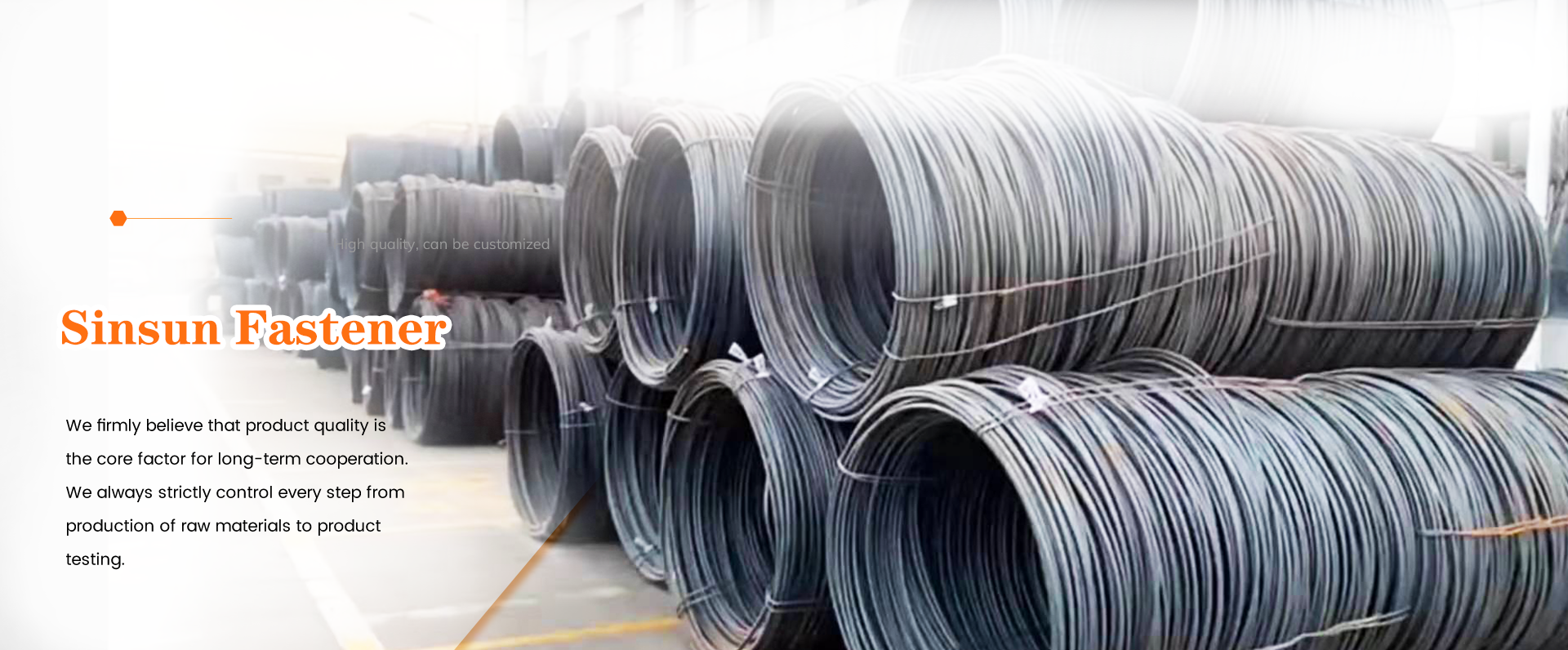Gypsum drywall screws are an important part of drywall (also known as drywall) construction and installation. These screws are specially designed for use in drywall and play a vital role in ensuring the stability and durability of the overall structure. In this article, we’ll delve into the details of gypsum drywall screws, including their sizes, prices, materials, and applications.
Gypsum drywall screws, also commonly referred to as drywall screws, are specialized screws used to secure drywall to the framing of a building. These screws are designed to penetrate and grip drywall securely, creating a strong connection that helps prevent drywall from moving or loosening over time. Using drywall screws is essential to creating a stable and long-lasting drywall installation.

When it comes to gypsum drywall screws, there are several important factors to consider, including size, material, and price. Let’s start by taking a look at the different sizes of gypsum drywall screws available on the market. Plaster screws come in a variety of sizes, usually 1 to 3 inches in length. The size of screws required for a particular project depends on the thickness of the drywall and the type of framing used. It is important to choose the correct screw size to ensure it provides adequate grip and support for the drywall.
In addition to size, the material of drywall screws is another important consideration. These screws are typically made from materials such as mild steel for strength and durability. Using mild steel drywall screws ensures that they can withstand the pressure and weight of the drywall without buckling or breaking. Additionally, some plaster screws are coated in black for corrosion resistance and a smooth appearance.

As for the price of gypsum drywall screws, they may vary based on factors such as quantity purchased, brand, and the specific characteristics of the screws. Generally speaking, plaster screws are competitively priced, making them a cost-effective solution for drywall installation. When making a purchasing decision, the overall quality and reliability of the screw must be considered in addition to price.
Now that we understand the basics of gypsum drywall screws, let’s explore their applications. Gypsum screws are primarily used for the installation of drywall in residential and commercial construction projects. These screws are essential for securing the drywall to the frame, creating a strong, stable surface for finishing touches like tape, mud, and paint. Whether it’s interior walls, ceilings or partitions, gypsum drywall screws are indispensable for creating a smooth, seamless finish.

In addition to their primary application in drywall installation, gypsum drywall screws can also be used in other carpentry and construction projects. Their versatility and strength make them suitable for fastening various types of panels, drywall and drywall to wood or metal framing. The sharp self-tapping design of gypsum screws makes installation easy and efficient, saving time and effort during the construction process.
When using gypsum drywall screws, it is important to follow best installation practices to ensure optimal performance. Correctly driving screws to the correct depth into drywall and framing is critical to creating a safe and stable connection. Over-tightening screws can damage drywall, and over-tightening screws can cause a loose or unstable installation. It's also important to distribute the screws evenly and consistently to distribute the load and prevent the drywall from sagging or swelling.
In summary, gypsum drywall screws are an important part of drywall construction and installation. They come in a variety of sizes, materials, and competitive prices, making them a reliable choice for securing drywall to framing. Whether it's a residential or commercial project, plaster screws play a vital role in creating a stable and durable drywall installation. Understanding the importance of selecting the correct sizes and materials and following correct installation practices is critical to achieving a high-quality finish and long-lasting results in drywall construction.
Post time: Apr-26-2024

